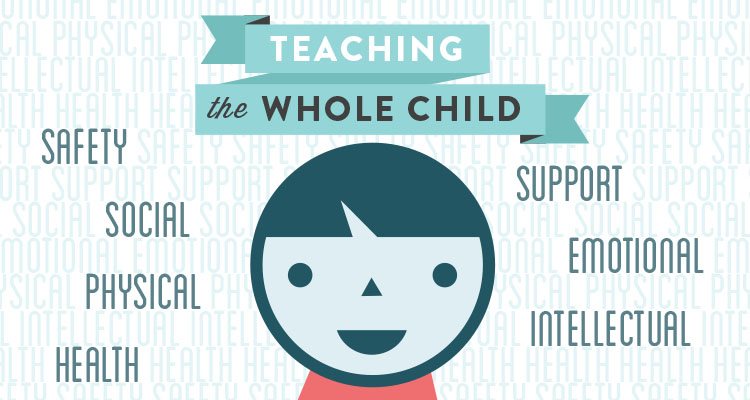According to the U.S. Bureau of Labor Statistics, nearly 70 percent of 2016 high school graduates went on to enroll in colleges or universities. Considering that most students eventually attend college, it makes sense that parents and educators focus on making sure kids are prepared intellectually for the demands of academia. Beyond the importance of mastering coursework, adults routinely stress to students the importance of study and test-taking skills, time management, and self-motivation.
Intellectual skills are necessary for kids to succeed when they transition from living with their parents to making it in “the real world.” However, emotional skills are equally (perhaps even more) important to lifelong success and happiness. Unfortunately, such “soft-skills” are not typically taught in schools—where success is measured by test scores not emotional maturity.
What Is Emotional Intelligence?
According to Psychology Today, emotional intelligence involves being able to recognize one’s own and others’ emotions. This knowledge enables people to control their reactions, exercise empathy, put feelings into perspective, and adapt their words and actions so they’re appropriate in any given situation. These skills are critical to good mental health, successful personal and professional relationships, and the ability to thrive in high-pressure careers.
Consequences of Lacking Emotional Intelligence
People who lack the tools to understand emotions often feel anxious, stressed, and depressed. They know they “feel bad” but don’t know why or, more importantly, don’t know how to reverse those feelings. Unfortunately, many people who lack emotional intelligence seek comfort in destructive behaviors such as abusing alcohol or drugs, overeating, or lashing out in anger.
Others may give in to their feelings and withdraw or even attempt suicide. According to a report by Neumann University in Aston Township, Pennsylvania, suicide is the second leading cause of death among 20- to 24-year-olds. That’s the age range when the suicide rate peaks, the report says, and the age range when most young adults are coming to terms with life outside on their own, away from the protective cocoon of family.
How Parents Can Provide Emotional Intelligence Training
Parents routinely hire tutors for students having trouble in school and coaches to help students excel in sports. Since teaching emotional intelligence is not a focus of most schools, it’s up to parents to take charge of raising emotionally intelligent children. The best people to administer lessons in emotional intelligence to kids are the parents who love them and want them to succeed. Raising an emotionally intelligent child requires time, commitment, and parents willing to work on their own emotional IQ. Here are some tips to get started.
-
- Practice empathy. “I understand it’s scary to get a flu shot. You will be OK, though.” This validates kids’ feelings and lets them know they are being heard and understood. Instead of shielding them from unpleasantries, help them learn to work through them.
-
- Teach them how to do things themselves instead of doing things for them. There won’t always be someone there to tie their shoelaces, do their laundry, or make their dinner.
-
- Help them learn to be self-aware. Give them the adjectives to describe their feelings (anger, frustration, fear, anxiety, confusion, sadness, etc.), and talk to them about what those words mean.
-
- Create opportunities that will help sharpen their social skills. Arrange play dates for younger children, and encourage older children to join clubs or teams. Don’t hover! It’s important that children work through conflicts on their own and learn how their words and actions affect how others see and treat them.
Learning how to identify and cope with emotions is just as important as learning the ABCs and 123s. There are English and math classes in most schools, but usually not emotional maturity classes. But parents can fill in that gap and ensure their kids are fully prepared for life after high school.
,










